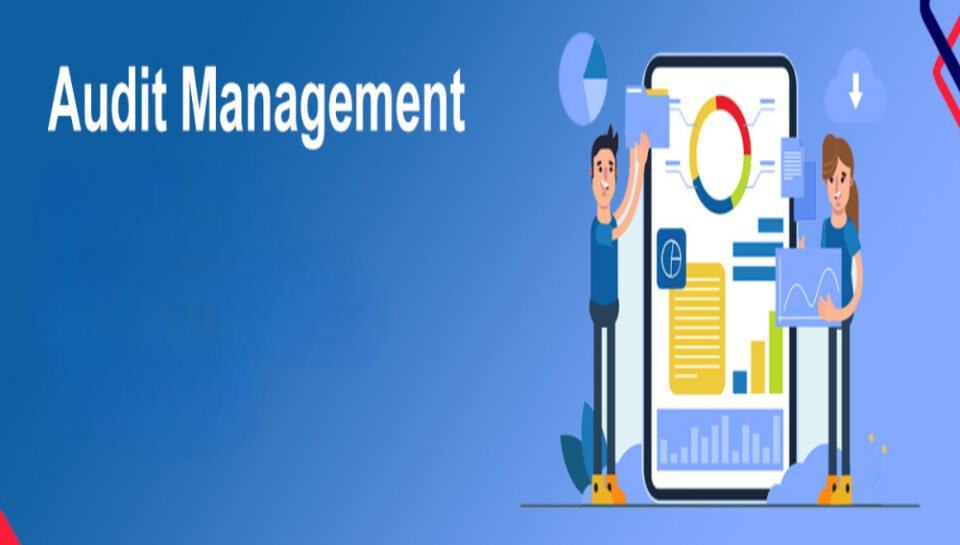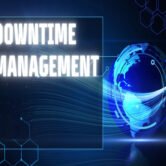
Define the standards followed in compliance audits for app management in Tamil Nadu.
Introduction
In the rapidly digitalizing ecosystem of Tamil Nadu, applications serve as the backbone of public service delivery, enterprise automation, financial platforms, and citizen engagement tools. Ensuring that these applications are secure, legally compliant, and transparent in their operations requires rigorous and structured compliance audits. These audits evaluate whether app management practices align with government regulations, industry standards, and organizational policies. From data privacy and cybersecurity to accessibility and service continuity, audits verify adherence to protocols that ensure operational accountability. In Tamil Nadu—where e-governance, fintech, healthtech, and education platforms are expanding swiftly—compliance audits form a vital part of responsible app management and public trust. Understanding the standards followed in these audits is essential for developers, IT administrators, policymakers, and audit professionals alike.
Adherence to IT Act, 2000 and CERT-In guidelines
Compliance audits in Tamil Nadu begin with the foundational legal framework—the Information Technology Act, 2000. This act governs digital data usage, cybersecurity, and electronic transactions. Audits assess whether applications comply with provisions related to authentication, data protection, and electronic records. In parallel, guidelines issued by the Indian Computer Emergency Response Team (CERT-In) mandate incident reporting protocols, log retention for 180 days, and active monitoring of vulnerabilities. Auditors evaluate whether app managers have adopted these mandates and established proper escalation and reporting mechanisms.
Implementation of the Digital Personal Data Protection Act, 2023
Tamil Nadu-based applications that process personal or sensitive user data must comply with the Digital Personal Data Protection Act, 2023. Compliance audits examine whether apps have valid consent mechanisms, purpose limitation policies, data minimization techniques, and data storage transparency. Auditors review privacy notices, consent logs, and data processing workflows to ensure they align with data fiduciary obligations. Special focus is given to user rights enforcement, including the right to access, correct, and erase personal data, as well as grievance redressal mechanisms in Tamil and English.
ISO/IEC 27001 information security standards
To ensure global best practices in information security management, many IT organizations and public platforms in Tamil Nadu adopt the ISO/IEC 27001 framework. Compliance audits verify if an Information Security Management System (ISMS) is in place and covers risk assessments, access controls, business continuity, and data encryption. App management teams are required to maintain documentation for asset ownership, threat responses, and third-party risk mitigation. Auditors check these documents and the effectiveness of security controls through simulated attack scenarios and vulnerability scans.
Adoption of OWASP security principles
Audits in Tamil Nadu also assess whether app developers and managers adhere to the Open Web Application Security Project (OWASP) principles. These standards are designed to eliminate the top application vulnerabilities such as SQL injection, cross-site scripting, and broken authentication. Auditors typically conduct penetration testing, source code reviews, and application scanning to verify implementation of security patches, input validation, and session management best practices. OWASP compliance is critical in high-risk sectors like banking, online retail, and healthcare.
Conformance with accessibility standards
With a focus on inclusive digital services, compliance audits evaluate app accessibility in line with the Rights of Persons with Disabilities (RPWD) Act and WCAG (Web Content Accessibility Guidelines). App management teams must ensure that applications are screen-reader compatible, provide alternative text for images, and offer voice navigation or text resizing features. Auditors assess the user interface across devices to determine if persons with visual, cognitive, or motor impairments can use the app without barriers.
Implementation of localization policies
Tamil Nadu mandates that citizen-facing apps must offer content and services in the Tamil language. Compliance audits assess how well the app implements multi-language support and whether all legal documents, forms, notifications, and customer service features are available in Tamil. App managers are evaluated on the quality and completeness of language translations, especially in sectors such as e-governance, public health, and rural development. Accessibility through language is audited alongside UI consistency and linguistic accuracy.
Enforcement of data retention and archival policies
Auditors verify that applications follow structured data retention and archival policies, especially when handling financial records, public service data, and personal information. Compliance standards include defining retention timelines, secure deletion practices, and archival system configurations. App managers in Tamil Nadu are expected to classify data based on its usage, set retention periods aligned with sector-specific laws, and ensure that expired data is disposed of securely without recovery possibilities.
Integration of disaster recovery and continuity plans
Compliance audits also assess an app’s readiness to operate during outages, cyberattacks, or natural disasters. Standards require that app management teams maintain business continuity plans (BCPs) and disaster recovery plans (DRPs), complete with backup schedules, failover mechanisms, and role-based emergency protocols. Auditors examine whether these plans are updated regularly, tested under simulated conditions, and integrated into the DevOps or ITSM environments of the organization.
Evaluation of vendor and third-party compliance
In app ecosystems that involve third-party APIs, cloud providers, or external development teams, compliance audits include vendor management reviews. Auditors ensure that third parties handling app data or services follow equivalent security, privacy, and operational standards. Contracts, service-level agreements (SLAs), and vendor risk assessments are checked for clauses on data ownership, breach liability, audit rights, and termination procedures. This is crucial for app managers in Tamil Nadu who often rely on outsourcing partners or SaaS vendors.
Assessment of internal documentation and audit trails
An essential part of any compliance audit is evaluating the documentation and logs maintained by app managers. This includes software version histories, patch records, change requests, access logs, and support ticket trails. In Tamil Nadu, where public accountability is a core governance principle, audit trails must be easily traceable and aligned with legal evidence standards. App managers are advised to use centralized logging systems and documentation repositories to maintain transparency and audit readiness.
Conclusion
Compliance audits play a crucial role in ensuring that app management in Tamil Nadu adheres to legal, technical, and ethical standards. From cybersecurity and data privacy to accessibility and vendor integrity, audits cover a wide range of parameters that help build user trust, institutional accountability, and service resilience. For IT firms, government departments, and service providers operating in Tamil Nadu, understanding and applying these standards is no longer optional—it is a strategic imperative. By embedding compliance into every stage of app management, organizations can confidently scale, innovate, and serve citizens and customers while meeting the expectations of regulators and stakeholders.
Hashtags
#AppComplianceTN #ITStandardsIndia #DigitalTamilNadu #AppAudit #DataProtectionIndia #CERTInGuidelines #ISO27001 #PrivacyByDesign #AppSecurityAudit #TamilLanguageSupport #RegTechIndia #GovTechCompliance #WCAGIndia #AccessibilityAudit #DataRetentionPolicy #BCPPlanning #VendorCompliance #AuditReadiness #SecureAppsIndia #PublicSectorIT #TamilNadueGovernance #AppDocumentation #SmartITGovernance #ComplianceFramework #ITLawsIndia





